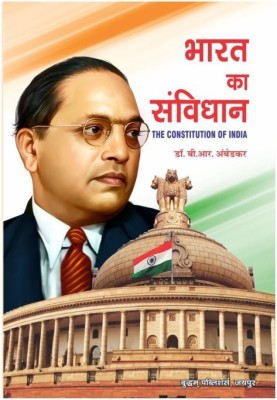
Share
On the Existence of the Self (English, Paperback, Chittaranjan Naik)
Be the first to Review this product
Special price
₹270
₹299
9% off
Available offers
T&C
T&C
T&C
T&C
Delivery
Check
Enter pincode
Delivery by20 Dec, Saturday
?
View Details
Highlights
- Language: English
- Binding: Paperback
- Publisher: Notion Press
- Genre: Philosophy
- ISBN: 9781639976478
Services
- Cash on Delivery available?
Seller
Description
Today most scientists and philosophers have come to regard the notion of the self as a kind of illusion, as a theoretical construct similar to the notion we have of the center of gravity. There are two reasons for this phenomenon: the first is due to the view propagated by the empirical sciences that all things in the universe, including the presence of consciousness, can be explained solely from physical causes; and the second is due to the philosophical arguments marshaled against substance ontology by David Hume and Emmanuel Kant and the consequent discarding of the idea of self as substance. This book confronts both these views – in two separate parts of the book - and shows them to be untenable. It provides a fresh proof of the self’s existence by demonstrating that the goal-oriented actions of living beings cannot be explained solely through the laws of physics and that these actions point to a unique power possessed by the self,known in Indian philosophy as kriya-shakti. This proof, along with the Direct Perception Theory presented by the author in his ground-breaking first book ‘Natural Realism and Contact Theory of Perception’, effectively dismantles the idea that the physical universe forms a causal closure and open the doors to a domain of knowledge beyond empirical science.
Read More
Specifications
Book Details
| Imprint |
|
Contributors
| Author Info |
|
Dimensions
| Height |
|
| Length |
|
| Weight |
|
Be the first to ask about this product
Safe and Secure Payments.Easy returns.100% Authentic products.
Back to top






